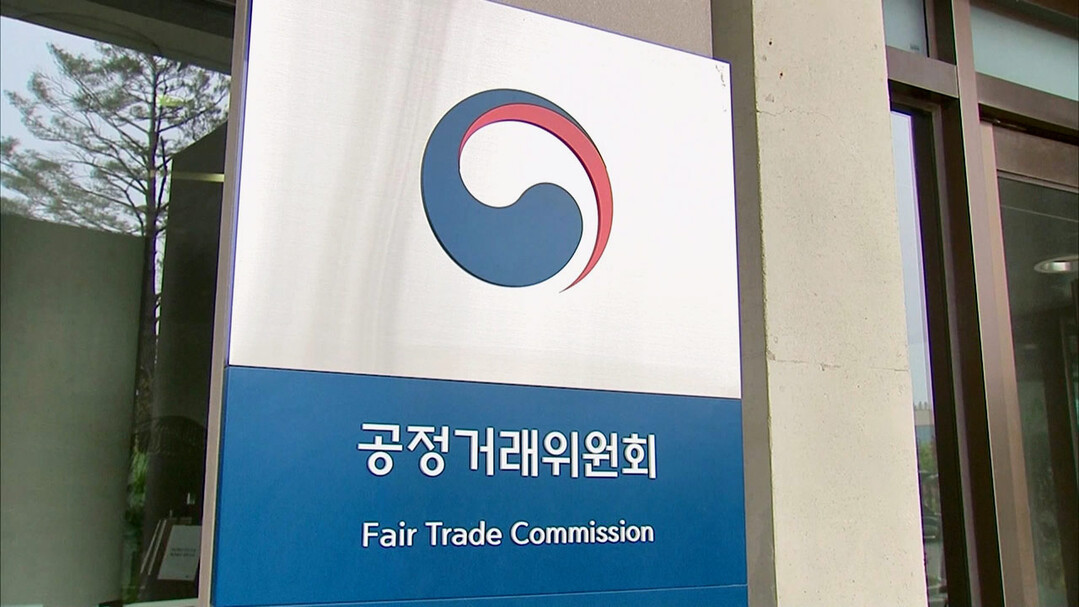
SEOUL, South Korea – The Fair Trade Commission (FTC) of South Korea has imposed a fine of approximately 30.5 billion won ($22.8 million) on three paper manufacturers for colluding to raise the prices of newsprint. The companies involved are Jeonju Paper, Daehan Jeji, and Paper Korea, which together control the entire domestic newsprint market.
The FTC announced on Monday that the three companies had colluded to raise newsprint prices and reduce supply from June 2021 to March 2023. Jeonju Paper, which played a more dominant role in the cartel, has been referred to the prosecution.
According to the FTC's investigation, the companies agreed to raise prices collectively in response to rising raw material costs, particularly for recycled paper. To avoid detection, sales representatives from each company held at least nine meetings and frequently communicated through messaging apps like Telegram. They also deliberately varied the timing and amounts of price increases in their requests to newspapers.
The investigation revealed that the companies agreed in June 2021 to raise prices collectively and subsequently decided on a 60,000 won per ton increase in October 2021. To avoid suspicion of collusion, the sales representatives included different increase dates and amounts in their price increase requests to newspapers.
Following the initial price increase, the companies further agreed on an additional increase of 60,000 won per ton in June 2022 due to continued increases in production costs. They also reduced supply to newspapers that refused to accept the price increases.
The three companies produce newsprint using recycled paper purchased domestically and internationally and sell it to newspapers and other customers. As of 2023, the domestic newsprint market is worth approximately 287 billion won, with the three companies holding a 100% market share.
The FTC stated that the cartel resulted in significant harm to newspapers and consumers, as it led to increased costs for newspapers and ultimately higher subscription fees for consumers. In fact, the average monthly subscription price for newspapers increased by 15.6% during the period of the cartel.
Hwang Won-cheol, director of the FTC's Cartel Investigation Bureau, said, "We will continue to strengthen our monitoring of collusion by oligopolistic companies citing rising costs, and we will take strict measures against any violations of the law."
[Copyright (c) Global Economic Times. All Rights Reserved.]






























